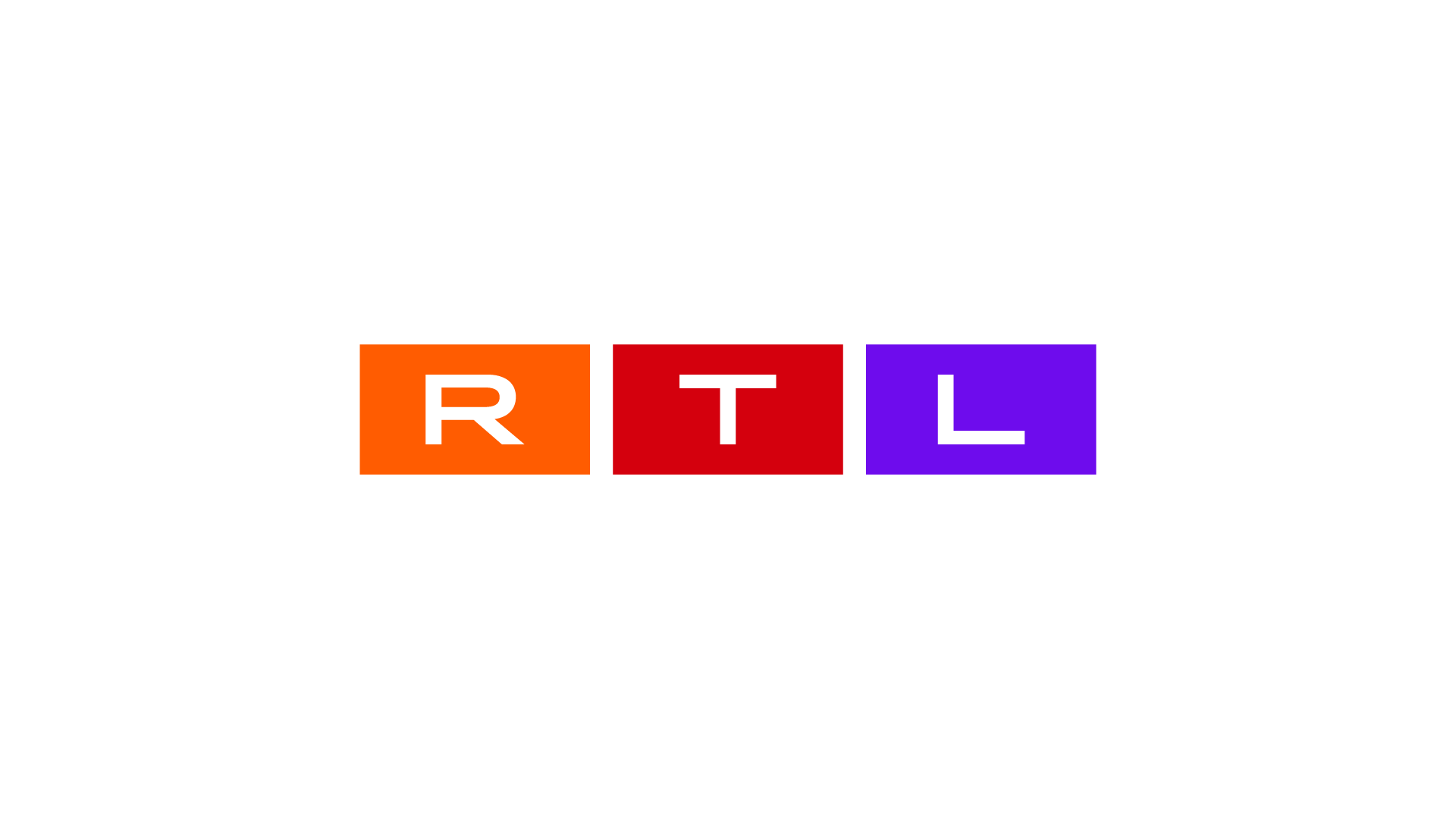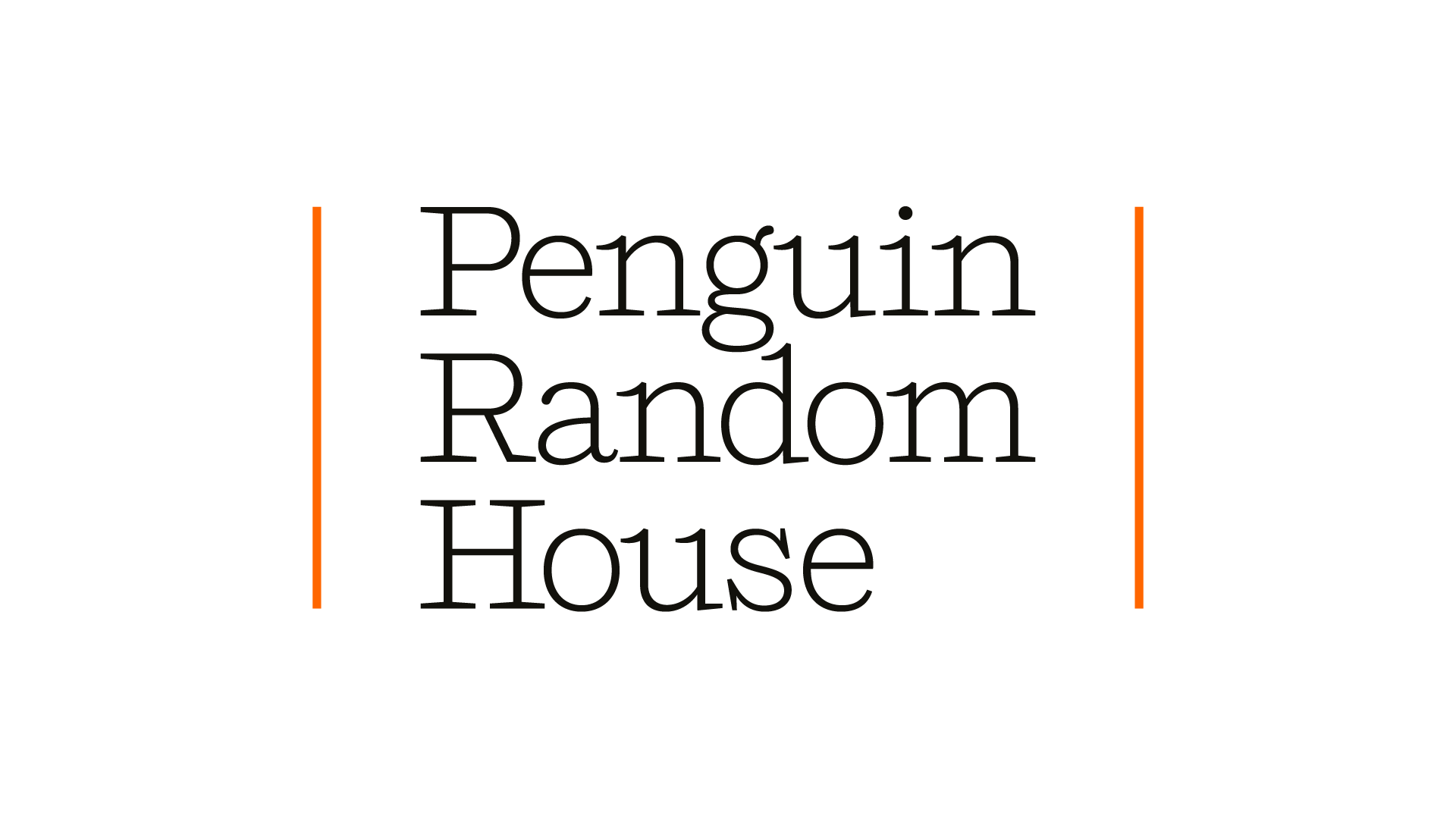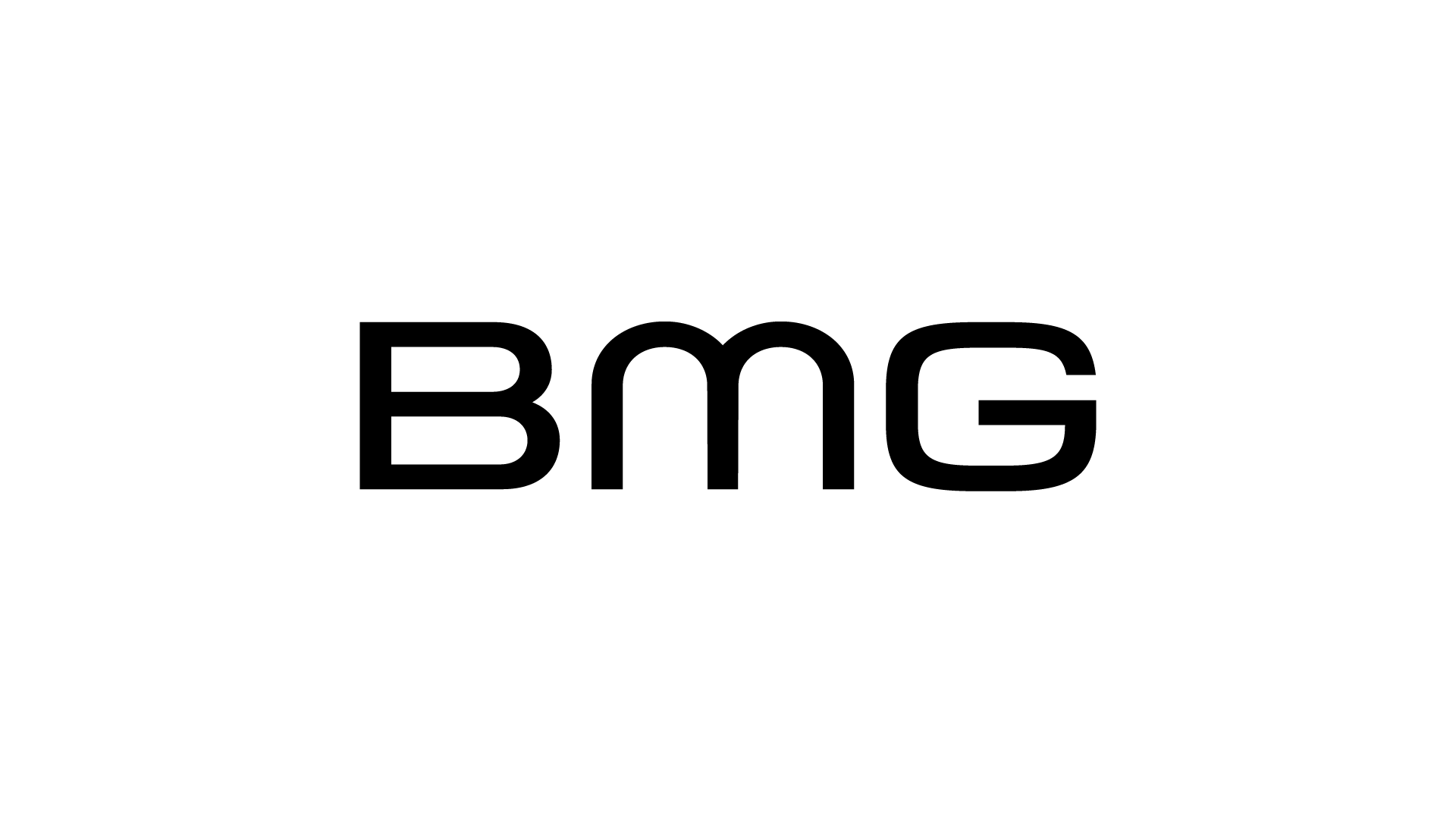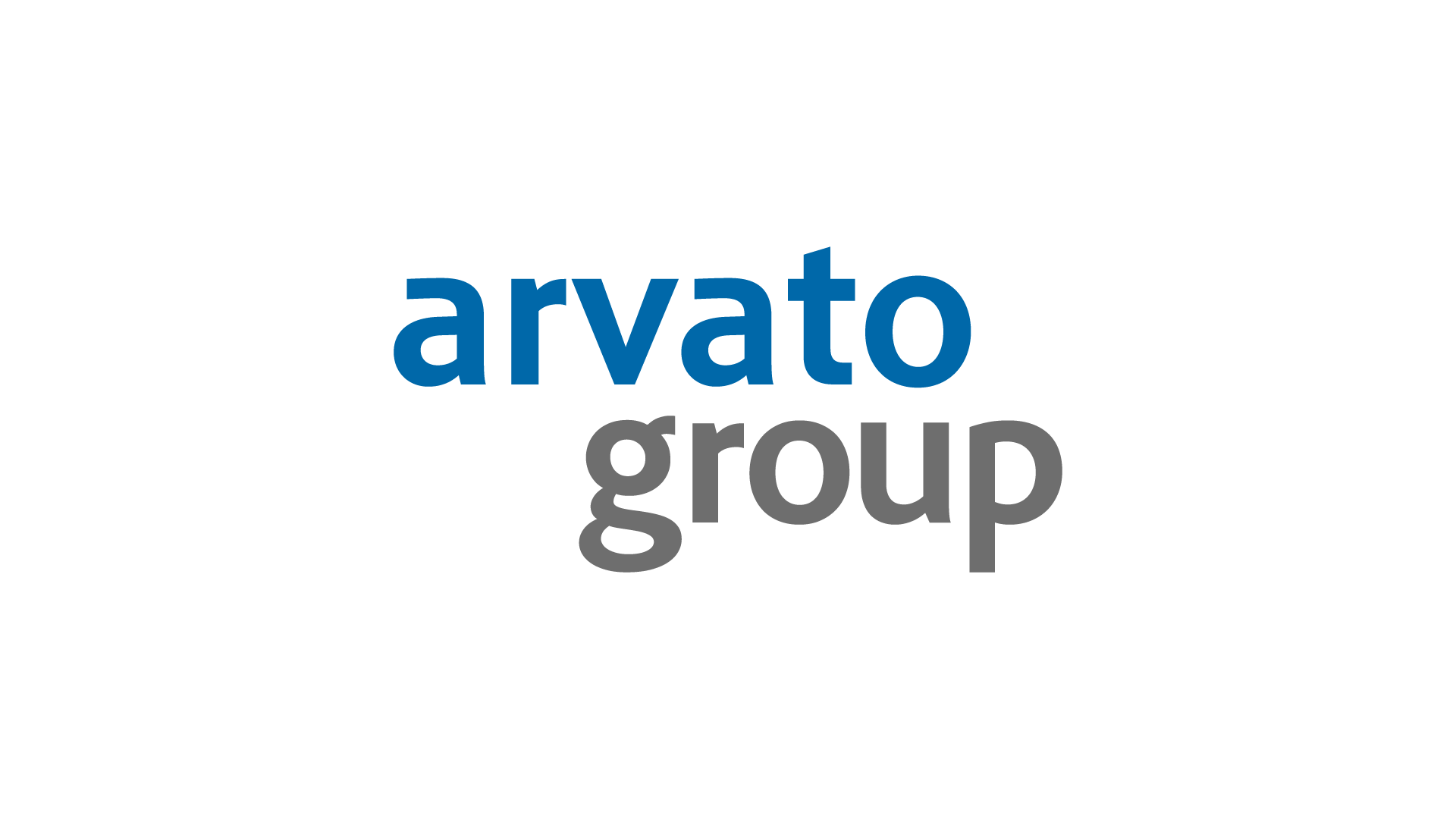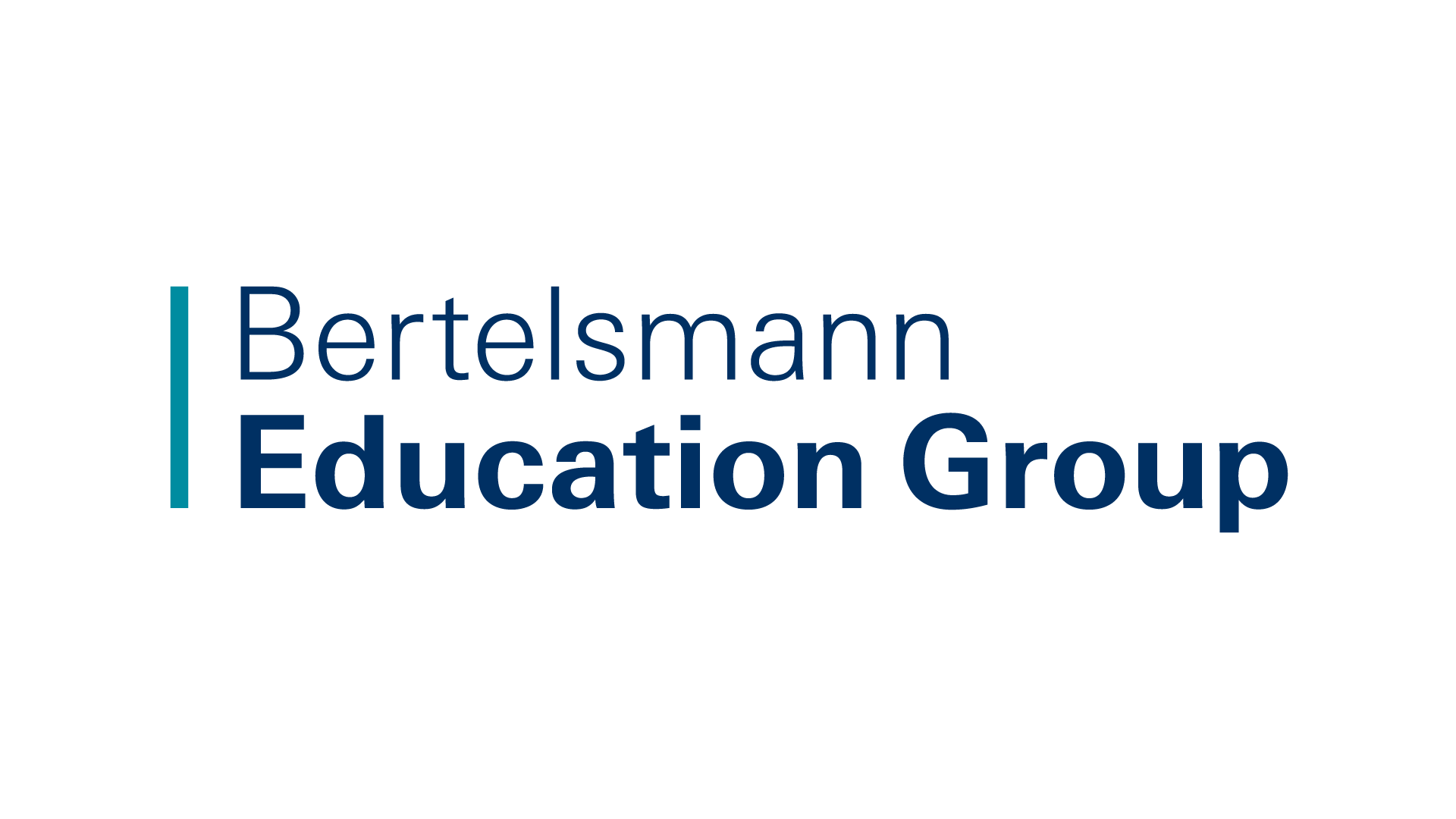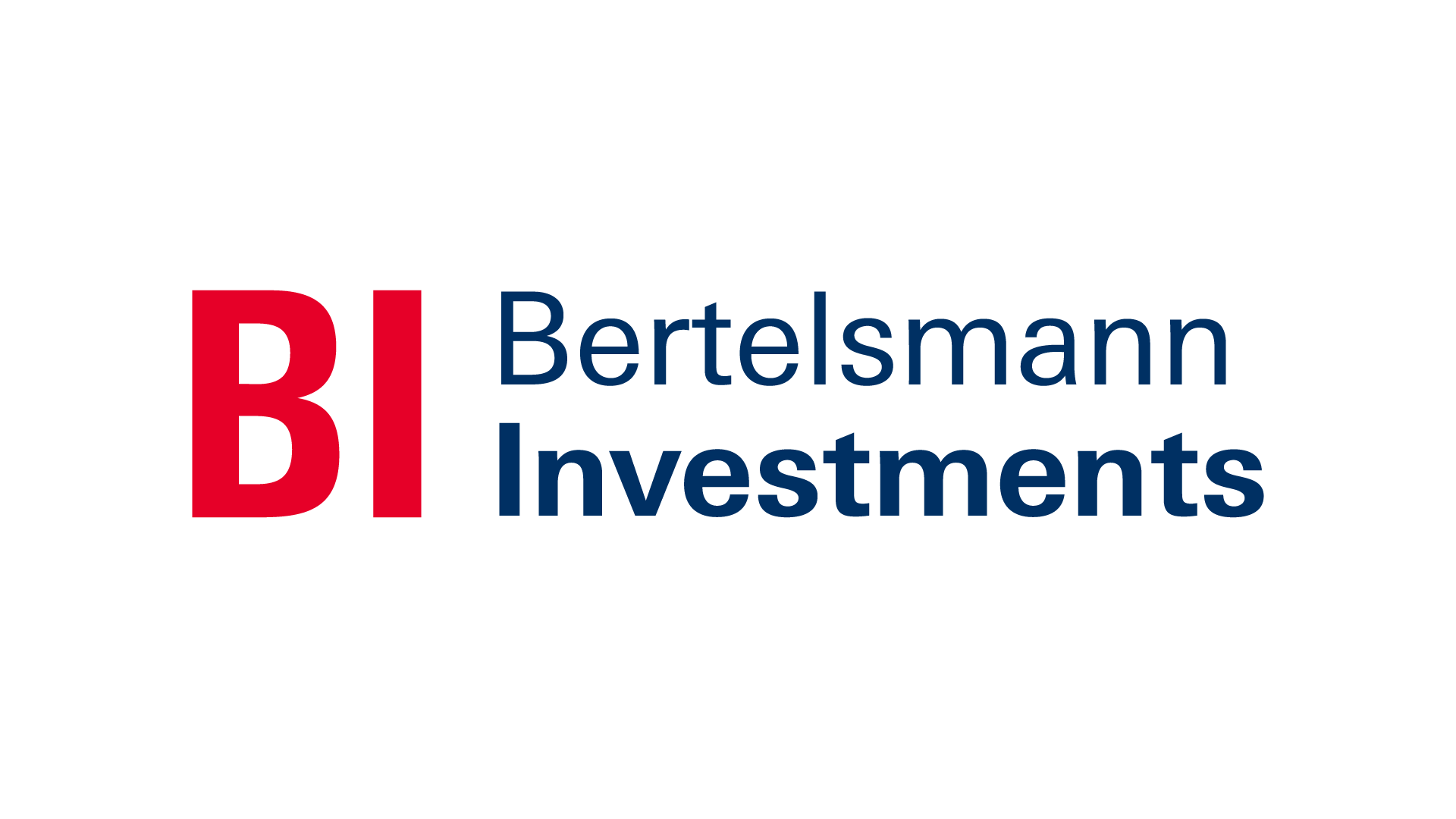
Interview with
Thomas Rabe
Thomas Rabe
Chairman and CEO of Bertelsmann
In this interview, the Bertelsmann CEO looks back on the 2023 financial year, explains the future strategy of the international media, services, and education group, and talks about his expectations for the years ahead.
Mr. Rabe, how did the 2023 financial year go for Bertelsmann?
We look back on a good financial year 2023. Revenues exceeded the 20-billion-euro mark for the second time in a row. We were able to increase Group profit by more than 25 percent. It exceeded one billion euros for the ninth time in a row. In a persistently challenging economic environment, Bertelsmann benefited from its broad positioning and the growth impetus provided by our Boost strategy.
What does that mean in specific terms?
Revenue growth, especially in our book publishing, music and education businesses, was offset in particular by declining TV advertising revenues. At 20.2 billion euros, Bertelsmann’s revenues remained at the previous year’s record level, despite the sale of the shares in customer experience company Majorel in November 2023, and a challenging environment in the TV business. Organic revenue growth amounted to 0.8 percent. At 3.1 billion euros, operating EBITDA adjusted remained at the previous year’s high level. Earnings growth in Bertelsmann Education Group’s education business, and in Arvato Group’s services businesses, largely compensated for the decline in RTL Group’s earnings.
What about Group profit?
At 1.3 billion euros, Group profit was once again above the billion-euro threshold, and up 0.3 billion euros over the previous year. This was due in particular to the profit from the sale of the Majorel shares.
You mentioned the Boost strategy. What progress are you making here?
We are making excellent progress with our Boost program for fast-tracking the organic and acquisitive growth of our existing businesses and are clearly feeling its positive effects. Since 2021, we have already invested 3.9 billion euros as part of our Boost plans. Last year alone, Boost investments amounted to 1.4 billion euros. The target remains a total of five to seven billion euros by the end of 2026, so we are halfway there. This is one of the largest and most sustainable investment programs in Bertelsmann’s history – but only one of four thrusts of our strategy for the years ahead.
What other directions are you pursuing?
The second thrust of our strategy, “Next,” is about establishing new lines of business with a long-term sales potential of around one billion euros. We see great opportunities here, particularly in the digital healthcare business in the United States. The third thrust, “Breakout,” is about expanding existing businesses and extending its value chains by merging with other companies, for example in the education sector. And the fourth thrust, “Regional Boost,” is about expanding our businesses in particularly promising regions. In addition to the United States, which will contribute the highest share of our Group revenues in a few years’ time, the focus is on Brazil, Mexico, and India. Ultimately, our aim is to broaden the Group’s positioning in the interests of its shareholders.
Not everything went smoothly for Bertelsmann in 2021 and 2022, because major projects failed or threatened to fail mostly due to the negative stance of various antitrust authorities. Have you since been able to correct or perhaps even compensate for this?
More than that. In 2021 and 2022, Bertelsmann indeed had to cancel four planned corporate transactions, three of them because of the antitrust authorities’ negative stance. We subsequently found good alternative strategic solutions: Our French TV group Groupe M6 extended the broadcasting license of its main channel, announced an investment program and ambitious growth targets for its streaming service M6+, and acquired the broadcasting rights for the 2026 and 2030 FIFA World Cups. In December 2023, RTL Group agreed to sell RTL Nederland to DPG Media for 1.1 billion euros, in conjunction with a comprehensive strategic partnership. Penguin Random House acquired a total of ten publishers in 2023, including a majority stake in the fast-growing publisher Sourcebooks in the United States. And finally, Bertelsmann sold its shares in the customer experience company Majorel to the market leader Teleperformance for around one billion euros.
In retrospect, do you feel validated in your views?
I remain convinced that the European media markets can only survive in competition with global tech platforms through consolidation. After our originally planned consolidation steps were thwarted, we found other solutions that ultimately serve the same – correct – goal.
What specific expectations do you have for the current financial year?
For the 2024 financial year, we expect a moderate increase in revenues and earnings from our continuing operations.
And in the long term?
Due to the sale of Majorel, and the planned sale of RTL Nederland, we are adjusting our revenues and earnings targets for 2026, and now expect Group revenues of around 21 billion euros, and operating EBITDA adjusted of around 3.4 billion euros. This does not include potential growth from Breakout and Regional Boost investments. The sale of Majorel and planned sale of RTL Nederland provides us with considerable additional funds for investments and growth.

